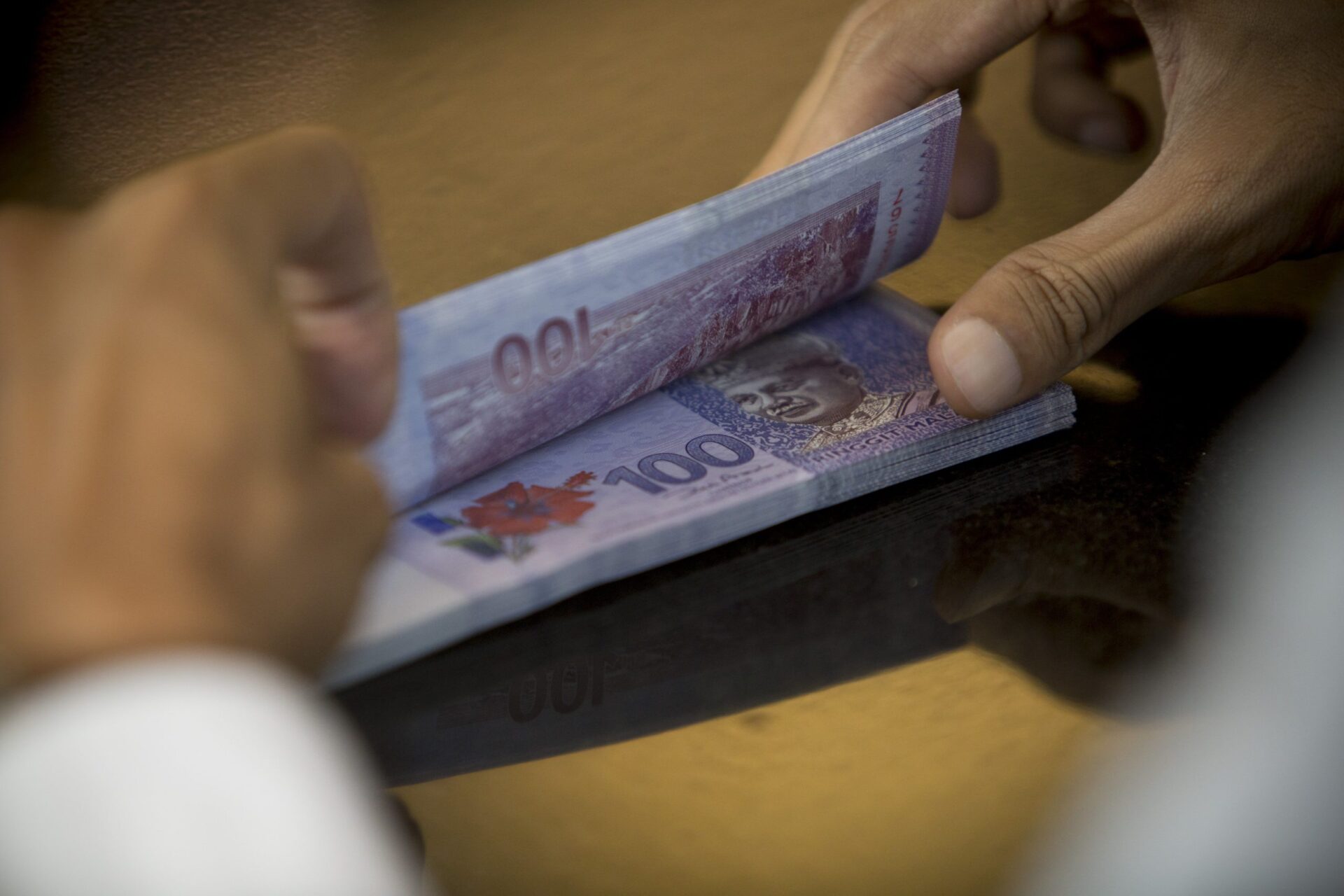- How FG Spent $4.8bn Foreign Loans in Two Years
The Federal Government obtained about $4.8bn from various foreign sources in the last two years. The loans were expended on various programmes.
The Economic Governance, Diversification and Competitiveness Support Programme was the highest single financing item on which the government expended $600m of the borrowed funds from external sources in the last two years.
Responding to an enquiry under the Freedom of Information Act, the Federal Government, through the Debt Management Office, said it received $600m from the African Development Bank for the EGDCSP.
The AfDB said on its website that the programme would help the government to create the fiscal space to facilitate a smooth implementation of the government’s budget, support fiscal and structural reforms, and improve the targeting of social sector spending to protect the most vulnerable segments of the population.
While the first tranche of the programme costing $600m was approved in 2016, the second tranche costing $400m is expected to be approved this year to take the total value of the loan to $1bn.
Another major loan of $500m came from the International Bank for Reconstruction and Development for Nigeria’s development finance institutions. The item also attracted $400m from the AfDB in addition to another $400m secured from the African Development Fund.
The Federal Government secured $500m from the International Development Association, an arm of the World Bank, for the Saving One Million Lives, which is a scheme to expand access to essential primary health care services for women and children.
Three states, Rivers, Ogun and Lagos, benefitted from the foreign debts secured in the last two years. The Federal Government secured UA3.3m ($5.06m) and $200m for the Urban Water Sector Reform and Port Harcourt Water Supply and Sanitation projects, and $33.17m for the Ogun State Urban Water Supply Project.
It also obtained $100m from the AFD for the Lagos Integrated Urban Development Project.
From the International Development Association, the Federal Government secured $200m, $70m, $140m and $70m for the Polio Eradication Support Project, Higher Education Centres of Excellence Project, Community and Social Development Project, and African Higher Education Centre of Excellence Project, respectively.
Another $140m was obtained from the World Bank for the Community and Social Development Project. The Polio Eradication Support Project received another $200m from the IDA, while the Nigerian Partnership for Education Project also received $100m from the same organisation.
From the Export-Import Bank of China, the Federal Government obtained $325m for 40 plants under the Parboiled Rice Processing Plant Project; and $280m from the AfDB for the Enable Youth Nigeria Programme.
Also from the AfDB, the Federal Government obtained $250m for the Inclusive Basic Service Delivery and Livelihood Empowerment Integrated Programme.
From the IDA, the government also obtained $200m for the Multi-Sectorial Crisis Recovery Project for North Eastern Nigeria and $90m for the Regional Surveillance Systems Enhancement.
The government’s response to enquiry, which was directed to the Minister of Finance, Mrs. Kemi Adeosun, did not indicate how far it had gone in implementing the projects for which it obtained the foreign loans in the last two years of the current administration.
Experts have at various times expressed fears that governments across the country borrow funds that are not tied to projects but to finance routine expenditure such as salaries and overheads.
While this may be true of local debts, foreign agencies hardly lend without knowing what the funds will be utilised for.
The response of the Federal Government to enquiry showed that local debts were not tied to any specific projects but warehoused in the Central Bank of Nigeria for financing budget deficits.
Some stakeholders say the government should only borrow to finance capital projects and infrastructure that have the capacity to generate funds for both debt servicing and repayment of the principal.
This is hardly the case as most of the debts are spent on programmes and routine expenses.


 Forex2 weeks ago
Forex2 weeks ago


 Naira1 week ago
Naira1 week ago
 Naira4 weeks ago
Naira4 weeks ago
 Company News4 weeks ago
Company News4 weeks ago




 Naira1 week ago
Naira1 week ago
 Billionaire Watch1 week ago
Billionaire Watch1 week ago




 Naira3 weeks ago
Naira3 weeks ago




 Naira1 week ago
Naira1 week ago




















